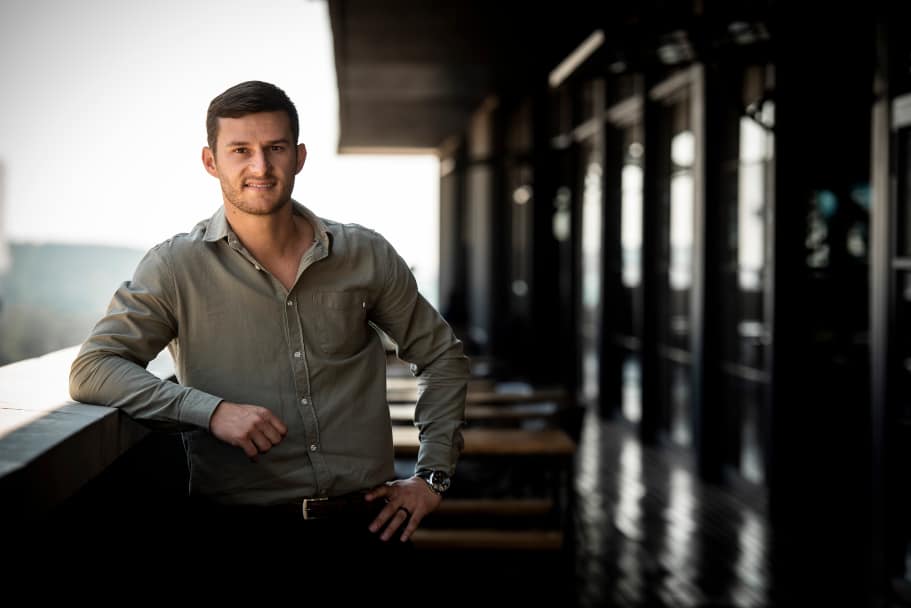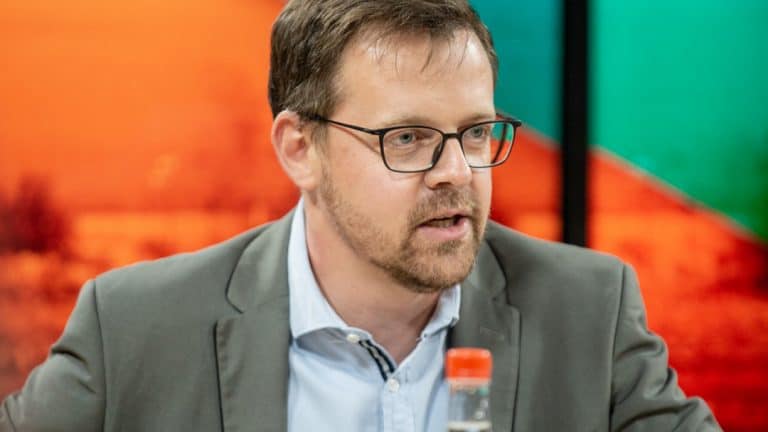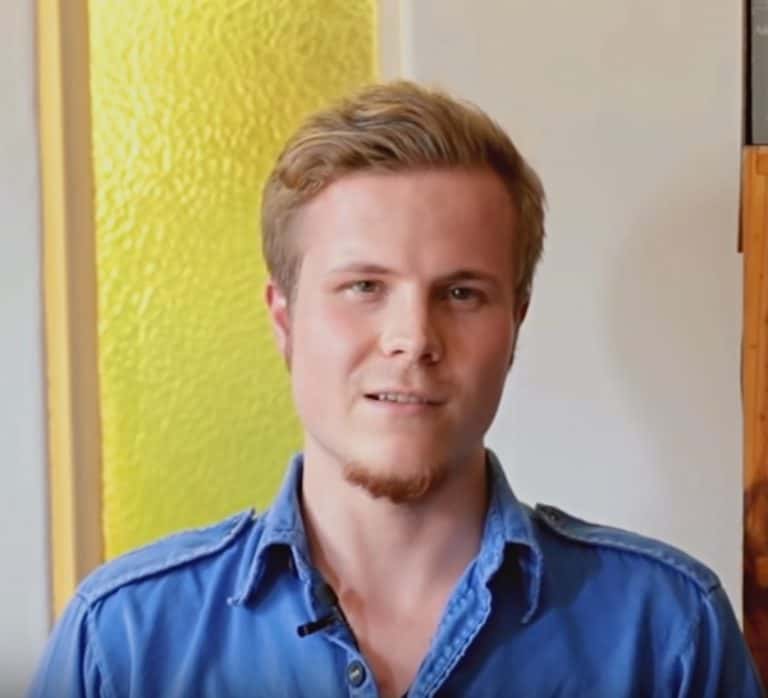CSA’s SJN transformation process, Mark Boucher and Graeme Smith’s innocence
Cricket South Africa (CSA) launched an investigation into the Social Justice and Nation Building (SJN) transformation process in 2021. During this investigation, several individuals could share their experience of racial discrimination in cricket with the CSA’s transformation ombudsman, Advocate Dumisa Ntsebeza, and his panel. One of the main issues that emerged from these sessions was that of former Proteas captain Graeme Smith, who was accused by Thami Tsolekile of not wanting him in the team from 2012 to 2014 because of his skin colour. Smith was further accused of a racially motivated decision when appointing Mark Boucher as head coach of the Proteas in 2019 rather than Enoch Nkwe. The Transformation Panel, led by Adv. Ntsebeza, accepted both of these sentiments, and a formal complaint of racism, racial prejudice and racial discrimination was investigated during an independent arbitration process.
Cricket South Africa has announced that they have dropped all charges from this process against Mark Boucher, currently the head coach of the national men’s cricket team. This follows after Paul Adams withdrew from testifying in the case. Adams mentioned in his statement that he became involved in the process in an effort to highlight the injustices of the past so that future generations would not be exposed to similar circumstances. He emphasised that he had no intention of singling out or blaming anyone for what happened. He also confirmed that he never singled out Boucher in his testimony but that the panel singled out Boucher’s name in a question. It now appears that the alleged political agendas behind this process have failed due to Adams’ withdrawal as a witness.
Smith was also acquitted of all the charges filed against him. This finding was no surprise to most people who understand labour law processes and realised how serious these complaints are. Smith is regarded as one of South Africa’s leading former cricket captains and is widely known for his strong relationships with other national cricket bodies. However, he has suffered severe damage to his reputation due to a flawed process costing about R7,5 million. It is not disputed here that some issues had to be dealt with during this process, but Ntsebeza and his panel have failed to follow a transparent process that would protect all parties involved and act in the interest of cricket and sport in South Africa and all those involved.
AfriForum also participated in this process and strongly argued that any form of discrimination proven should be strictly condemned. AfriForum further mentioned that discriminatory policies such as “transformation targets” (the quota system) need to be seriously investigated as they discriminate against individuals based on the colour of their skin.
However, AfriForum did not appear before the SJN hearing panel only to criticise. The organisation presented a detailed six-point plan for sports development. Instead of adopting an immoral and divisive policy based on racial profiling and quotas, the South African government and sports-governing bodies should involve role players through comprehensive development programs to find alternative ways of broadening the player base.
Real and meaningful development involves more than a few photo opportunities where cricketers hand out signed cricket balls and T-shirts to children. It should be a properly structured and funded long-term plan with buy-in from all stakeholders. Sports-governing bodies cannot do this alone. Civil society organisations and national, provincial and local governments must play a leading role. A comprehensive sports development program should focus mainly on areas where a lack of resources impedes the exposure of young players to the sport. Need – not race – should be the deciding factor for intervention.
It is no surprise that, to date, these inputs have not been further investigated or discussed. Emphasis was placed on unfounded actions to provoke media sensation and serve as an instant solution to a very complex problem in South African sport. Ntsebeza and his panel’s checks have been signed, and KSA can say that it has dealt with past injustices.
What next?
The political undertone of this process was exposed by the withdrawn charges against Mark Boucher. Smith’s contract as director of cricket has not been renewed, and his reputation cannot be restored in the blink of an eye. This transformation process has again proved the CSA’s inability and made international cricket bodies lose further confidence in South Africa’s cricket governing body. Millions of rands, which could undoubtedly have been used much better for actual development, were spent on this process that did not contribute to fundamental “transformation” in cricket in South Africa.
Everyone is waiting in suspense to hear who will be named Smith’s successor and to see what process will be followed with this appointment. The sad reality for most cricket and sports fans in South Africa is that CSA is still in a very dark place and that the actual development of young talent is still not a core priority.
The private sector’s support of independent bodies that prove effective development and empowerment is now more critical than ever. It is time for communities, organisations and civil rights institutions to take a stand and take responsibility for cooperation, development and progress. Time has shown that it is time to make peace with reality and take responsibility for our and our descendants’ future.









